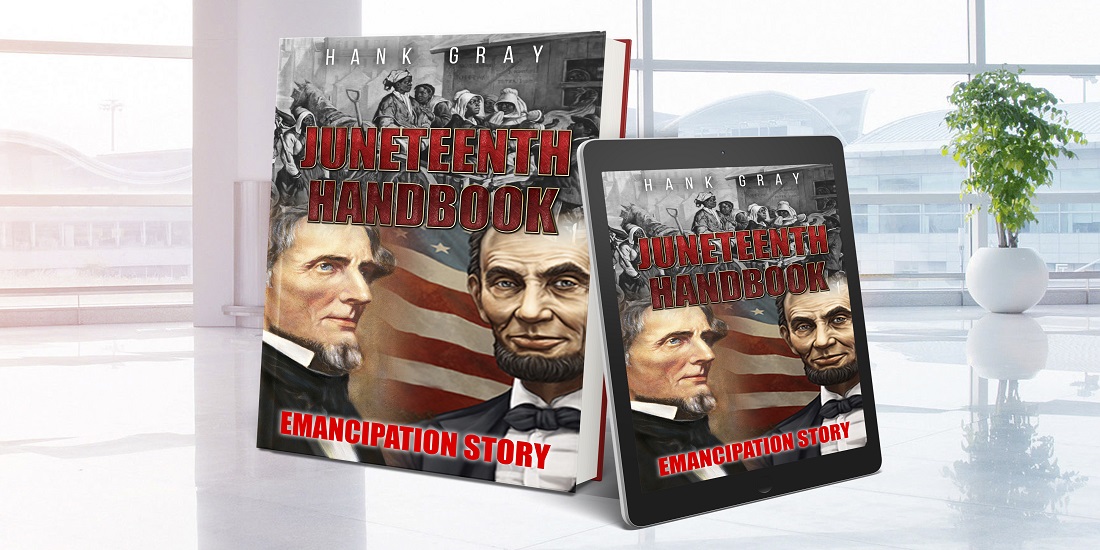First of all, if you were a slave there was no confusion---someone else controlled your life, livelihood, and welfare, the confusion I am referring to was the confusion that came from the fact that in the U.S. not all African American people were slaves, and not all white people were slave owners. If you were an African American (someone actually fresh off the boat) or an American African (someone born in America from someone off the boat) there were some cases where you could purchase your own freedom or the freedom of a family member and live as a free person.
In some northern parts of the country, a free colored person could actually live free, protected mostly by the community they were surrounded by. In some places in the South, even a freed person still had to pick a master in order to reside in a county as free. Another form of freedom for colored people was something called a Deed of Manumission. That meant that in cases where a white slave owner had children by a slave woman and did not want his offspring to live their adult lives a slave a deed of manumission was issued; the document would indicate that after a certain age, the slave owner's child or children were to be freed.
This created a problem for the slave owners and merchants and in many cases gave license to slave chasers to add to their income by stealing free African Americans from the north and selling them into slavery in the south as shown in the motion picture 12 Years a Slave. I also believe that this situation created a problem for the slave owners and merchants because if it could be proven that they had acted unlawfully and acquired an African American with free papers or a deed of manumission they would be forced to give them up and suffer the financial loss created by the shady deal.
So there could be mothers that were slaves who had children that were free, a husband that was free with a wife and children still a slave; and since, at that time, slaves were not considered citizens of the U.S. that same thinking applied to a freed slave. What all this amounted to was freedom without any of the rights of citizenship for the American African. While not all American Africans were slaves they were, for the most part, all treated that way. Juneteenth celebrates all of the enslaved souls that were finally one day (in June) able to join the ranks of free people.
And while at the end of slavery in the U.S. African American, and American African families were in many cases still separated from each other by hundreds of years of forced separation and insensitivity. Suddenly the slaves were free with no land and property of their own. Many of those who were finally able to make their own way in the world would learn that even some of the abolitionists who worked so hard to help them gain their freedom still didn't relish the thought of those same ex-slaves living next door to them. Being free from slavery didn't mean being free from the racial stigma of slavery; at that point, I suppose the bright spot was the confusion about slavery was all gone; because at least here in this country (after the passage of the 13th Amendment) there was no more slavery.



No comments:
Post a Comment